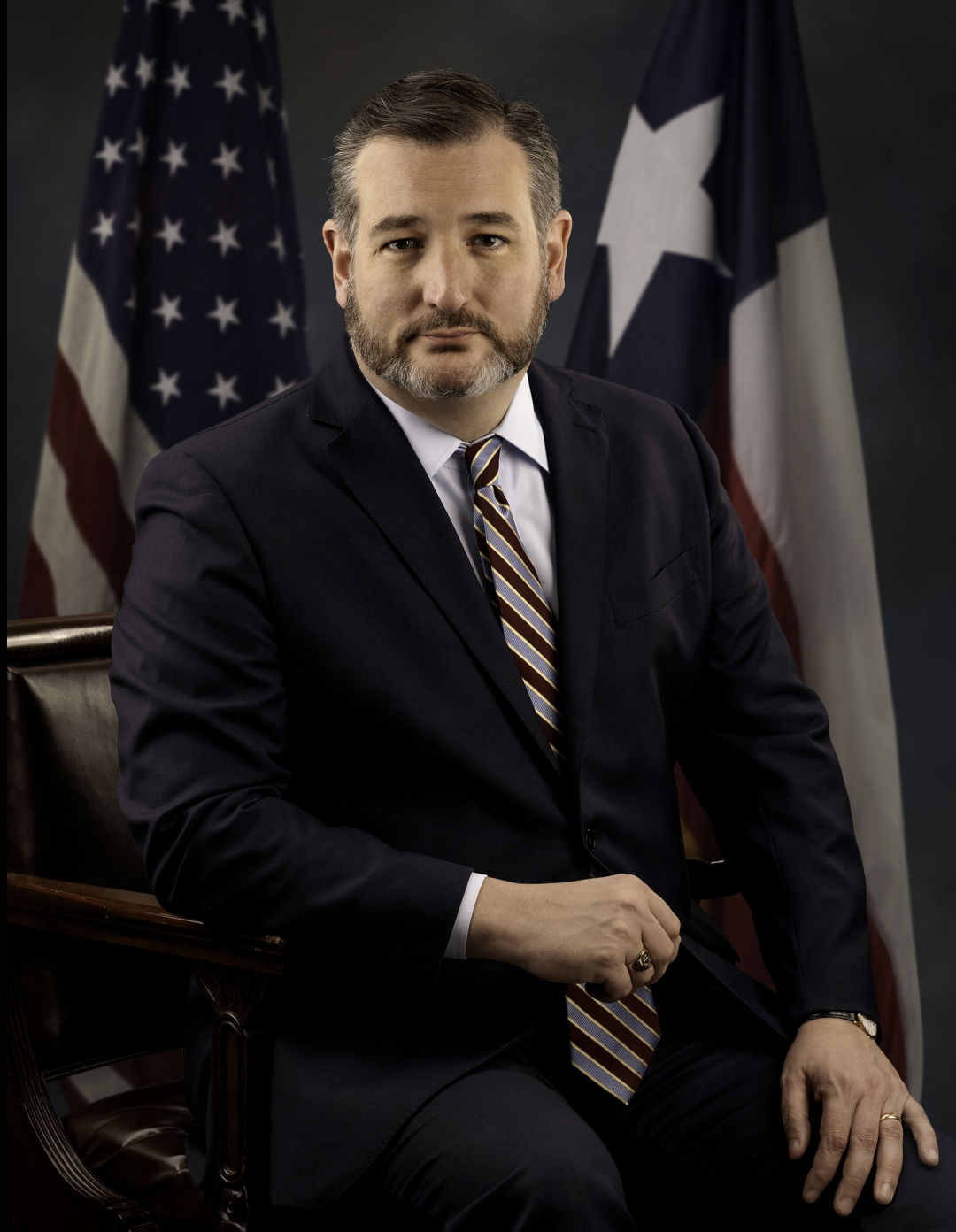Senator Ted Cruz Is a Diehard Houstonian

Image: Courtesy of Ted Cruz
For Sen. Ted Cruz, his family’s story is the epitome of all the promise that the United States has to offer. His father arrived here from Cuba in 1957 as a teenager who didn’t know English. He washed dishes for 50 cents an hour, but eventually graduated from the University of Texas and became a chemical engineer. His mother became the first in her family to go to college, and she earned a degree in mathematics from Rice, becoming a trailblazer in what was then still a male-dominated discipline. Fifty years later, here Cruz is representing Texas on the national political stage.
“That opportunity is the very heart of the American dream,” the junior Texas senator told us by phone from the U.S. Capitol. “When I took the Oath of Office, standing on the Senate floor, my hand was resting on my father’s Bible. Up in the gallery, my dad was watching with tears streaming down his face.”
Even with the success stories of his parents, Cruz’s own understanding of what his family’s story meant coalesced during his early years in Houston. At the age of 8 Cruz began working for the seismic data-processing firm that his father and mother ran in the building next door to their Spring Branch home, even clicking away at the office computer for double shifts on Thanksgiving and Christmas Day so his father didn’t have to shutter the business. “He’d be nice about it,” Cruz recalls, laughing. “He’d bring me a plate of turkey and stuffing and cranberry sauce.”

Cruz at home in Spring Branch.
Image: Courtesy of Ted Cruz
He learned from his parents’ example. A young Cruz ran his own side hustle, stocking the Coke machine in the family’s office and using the quarters he earned as arcade money. And when his family’s company went under during the 1980s oil bust, he absorbed that lesson, too. By the time he was a teenager, he was memorizing the Constitution as a member of Houstonian Rolland Storey’s Free Enterprise Institute, and he’d become a devoted Republican, convinced that the GOP was the party that would protect small businesses and give others the chance to accomplish things the way his parents had. “The reason I’m a conservative is because in the history of the world, no system has destroyed more poverty or produced more prosperity than the free enterprise system,” Cruz says now, fervent in his beliefs.
But he also grew to appreciate the laissez faire attitude of Houston. He attended Second Baptist Private School, located in the posh environs of Memorial, but when he came home—his family had relocated to Jersey Village by then—Cruz loved taking his rowboat out to catch catfish and bass and gig for frogs on the small lake that jutted up against his parent’s house. “It was a very real environment, down-to-earth,” he says. “Nobody cared who your daddy was.”
Cruz has never forgotten that feeling of acceptance, an attitude that is woven into the fabric of the entire city. “I am a diehard Houstonian in my bones,” he says, and quickly recounts what it felt like to witness the Rockets beat the Knicks at the Summit to win the 1994 NBA Championship.
“The city of Houston won our first championship in any sport—and I was there in the Summit,” Cruz says, recalling the watershed moment in Clutch City history he witnessed at age 23, as well as the city’s exuberant, raucous response. “It remains the greatest moment in sports I’ve ever been at, and it was an incredible moment for the city,” he says, remembering how he and the rest of Houston went wild with joy. “It was a big thing to be a part of.”




